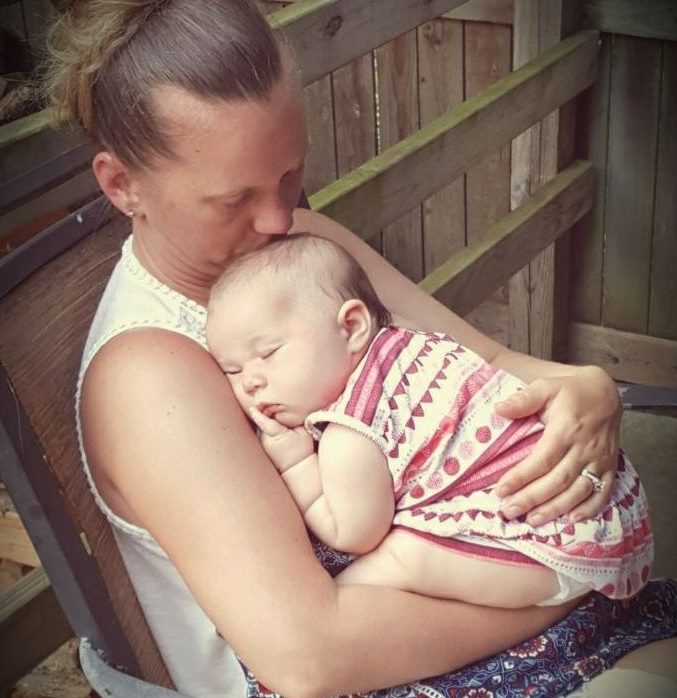
Just like physical health and cognitive health start at birth, so does your baby’s mental health. “Mental health” in babies refers to their social and emotional development throughout the first few years. Understanding early mental health is key in preventing mental health issues later on. Babies’ earliest experiences shape the brain so that future learning and development can occur. There are currently a lot of programs nation-wide to address early mental health concerns. There are some important things to consider in fostering healthy social-emotional development in young children.
- A key component of healthy social-emotional development is the ability to establish a close and secure bond with a care-giver. This bond creates a foundation of security that sets the child up for a stronger sense of self-esteem.
You can begin to form a bond between you and your baby before they are even born by talking, reading and singing to her in utero. Studies show that babies prefer mommy’s voice to any other sound because of familiarity and it is very comforting to them. You can also bond with your newborn by doing skin-to-skin contact and baby massage.
- As children develop, their emotional well-being supports growth in other areas such as physical growth, literacy, cognitive development, and overall good health.
Young children who do not meet early social-emotional milestones are more likely to fall behind in the other important areas of development throughout their preschool and school-age years. Emotional development serves as the foundation for these other skills.
- Approximately 9.5%–14.2% of children age birth to five-years-old experience emotional, relational, or behavioral disturbances, resulting in difficulties with social and emotional development.
Just as positive experiences create strong emotional health, negative experiences can cause adverse effects on brain development and children’s mental health. Children who live in families experiencing “toxic stress” in the form of parental loss, substance abuse, mental illness, or extreme poverty have higher rates of mental health disturbances as they get older.
- A baby’s mental health is closely intertwined with their parent’s mental health. When parents’ own stressors inhibit them from healthy interaction with their baby and they are unable to meet their baby’s needs, it affects the baby’s mental health and well-being.
It is really important for parents to remember to take care of themselves first. If parents do not take care of their own needs and manage their stress, they cannot adequately care for their baby. Care for the care-giver is critical to a healthy, well-adjusted child and overall family wellness. Some stressors may be too much for one person to manage on their own and it may be necessary to ask for some help from family, friends, or even organizations in the community. If sleep deprivation is becoming unmanageable, it is important to raise the white flag and ask for help from family and friends. If the baby blues begin to turn into actual postpartum depression, it is important to seek out professional help. If external stressors make it difficult to care for the baby, such as financial concerns or health issues, it is helpful to have other caring individuals nearby for support.
Mental health is an important part of baby’s overall wellness and being aware of this will help to give babies the best start possible.
References:
Christakis, E. (2016). The Importance of Being Little. What Young Children Really Need From Grownups. Penguin Books.
Zero to Three. (2018). https://www.zerotothree.org/espanol/infant-and-early-childhood-mental-health

